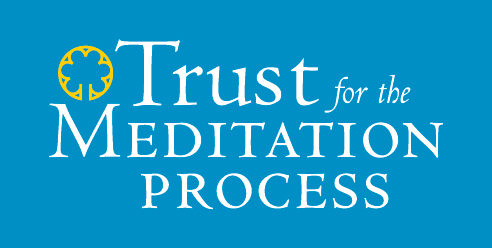Mindfulness Grants
Thirty years ago, Jon Kabat-Zinn and his colleagues at the University of Massachusetts medical school adapted classic forms of meditation found in most religions for a modern, secular audience. A simple practice of paying silent attention to the present moment formed the core of their efforts to help people improve physical and emotional health.
Since then, a large and rigorous body of research has shown that a regular practice of mindfulness meditation can change us in many significant ways: improving immune function, reducing stress, reducing pain and symptoms of chronic disease, improving sleep, improving attention, fostering self- care and compassion, and the list continues to grow. Today, an ever widening interest in the benefits of mindfulness practice has led to its introduction in many fields and professions.
Grants made in the Mindfulness Program have both of these objectives:
Introduce or expand mindfulness meditation through educational or human service nonprofits or government entities, such as K-12 public schools, colleges and universities, correctional facilities, rehabilitation programs, healthcare, counseling and case management services.
Reach underserved populations, such as children, teens, and young adults, BIPOC and LGBTQ communities, people in the criminal justice system, people with low incomes, and people facing addictions, illness, trauma or loss.
Mindfulness Program grants are highly competitive and we generally receive more applications than we can award.
“Despite what you may have heard, meditation is simple, secular, scientifically validated exercise for your brain. Meditation is also, by the way, a radical act. You’re breaking a lifetime’s habit of walking around in a fog of projection and rumination and you’re actually focusing on what is happening right now.”
“Until recently, the very word meditation tended to raise eyebrows... because people did not understand that meditation is really about paying attention.”

